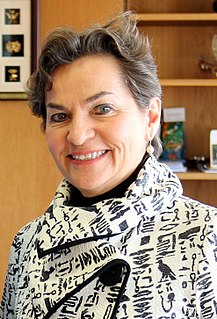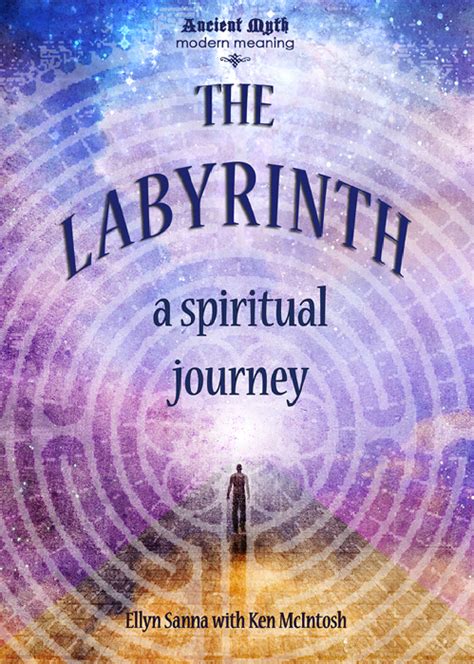A Quote by Julia Cameron
Rather than being taught to ask ourselves who we are, we are schooled to ask others. We are, in effect, trained to listen to others’ versions of ourselves.
Related Quotes
The remarkable thing is that we really love our neighbor as ourselves: we do unto others as we do unto ourselves. We hate others when we hate ourselves. We are tolerant toward others when we tolerate ourselves. We forgive others when we forgive ourselves. We are prone to sacrifice others when we are ready to sacrifice ourselves.
We need to remember to teach our children that solitude can be a much-to-be-desired condition. Not only is it acceptable to be alone; at times it is positively to be wished for.....In the silence we listen to ourselves. Then we ask questions of ourselves. We describe ourselves to ourselves, and in the quietude we may even hear the voice of God.
Recently it was pointed out to me - in a kind of hurtful way, to be honest - that people in Los Angeles are aurally challenged. That is, at social events, we simply do not listen to others. We do not ask them questions about themselves, we do not nod attentively when they speak; really, if we were to examine ourselves, we would realize that we simply have no interest in others at all.
One of the things that I think makes it hard in this society for us to tell the truth is the kind of conventional relationship to adversity. Things aren't always easy and rather than being taught to have kindness to ourselves and others in the light of that we're taught something very different; that it's wrong and rejected - that's a lot of conditioning to step away from.
A psychologist once asked a group of college students to jot down, in thirty seconds, the initials of the people they disliked. Some of the students taking the test could think of only one person. Others listed as many as fourteen. The interesting fact that came out of this bit of research was this: Those who disliked the largest number were themselves the most widely disliked. When we find ourselves continually disliking others, we ought to bring ourselves up short and ask ourselves the question: "What is wrong with me."
When we work so hard at our preparations for Christmas, we often feel cheated and frustrated when others fail to notice the results of our efforts. We need to ask ourselves why we are doing the things we choose to do. If love motivates us-love for our families, for our neighbors - then we are free to simply enjoy the actual process of what we do, rather than requiring the approval and admiration of others for the results of our labors.
We are not saints yet, but we, too, should beware. Uprightness and virtue do have their rewards, in self-respect and in respect from others, and it is easy to find ourselves aiming for the result rather than the cause. Let us aim for joy, rather than respectability. Let us make fools of ourselves from time to time, and thus see ourselves, for a moment, as the all-wise God sees us.
We suffer more often in imagination than in reality. [We must learn to control and focus the force of our imagination on the good, bright side so it is positive and constructive helping ourselves and others, rather than let its force focus on the bad, dark side so it is negative and destructive hurting ourselves and others!]







































